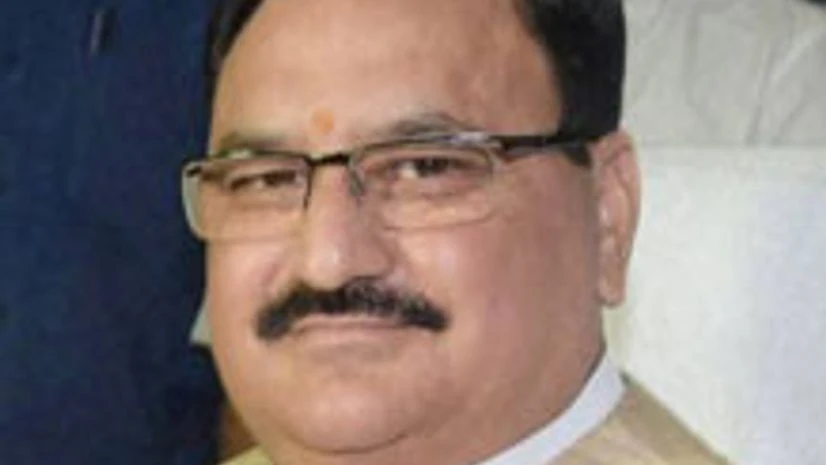States should first learn to spend the money allocated to healthcare through the Budget instead of getting into an argument about the amount being allocated, Union Health Minister J P Nadda said on Tuesday.
"There is a huge misunderstanding that we have less money. There is no question of shortage. The point is that you (states) should spend it properly. Last year, Bihar returned more than Rs 1,000 crore. Where is the shortage of money? We should first build capacity to spend it," he said.
Health budget has been increased by 21 per cent from Rs 25,946 crore in 2015-16 to Rs 31,300 crore in 2016-17. "Every year, there has been a trend that real health allocation (revised estimates or RE) has been less than the Budget health allocation. This time, RE has been increased by almost Rs 1,500 crore."
Also Read
Moreover, the government has been able to spend 90 per cent of the allocated amount in the 2015-16 Budget. "It has been so because I have personally monitored the states. I have told them that we gave you money, now please send me utilisation certificates showing the work has been done. There have been cases where construction work has been stuck for more than two years. In one project I gave Rs 1.10 crore and they spent only Rs 3 lakh," he said.
Meanwhile, on the issue of formulation of a national health policy, the minister said it has been approved by a central council of health and the ministry was going for Cabinet approval now.
The minister also expressed his intention of going forward with the imposition of regulations mandating warnings on 85 per cent of tobacco products.
"Parliamentary panel has not given us any recommendation. But our focus is in that direction only," he said.
The health ministry has generally been in favour of compulsory licences as it enhances drug availability and affordability. The Indian government had given private assurances to various US pharma lobbies that it would not grant compulsory licences for "commercial purposes". When asked about this issue, the minister said he would not be able to comment on it.
Compulsory licensing is when a government authorises a party other than the patent owner to produce the patented product or process, without the patent owner's consent.

)
